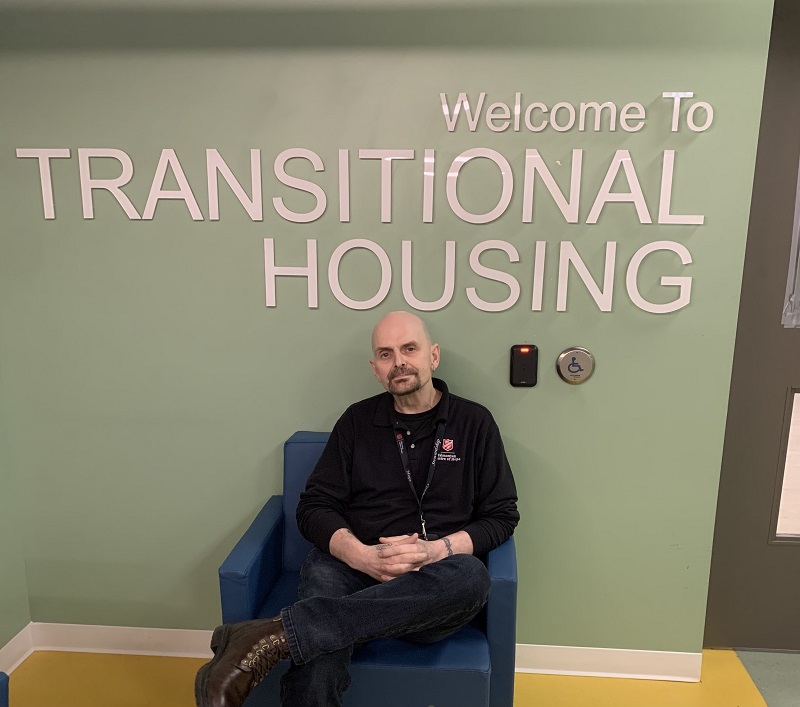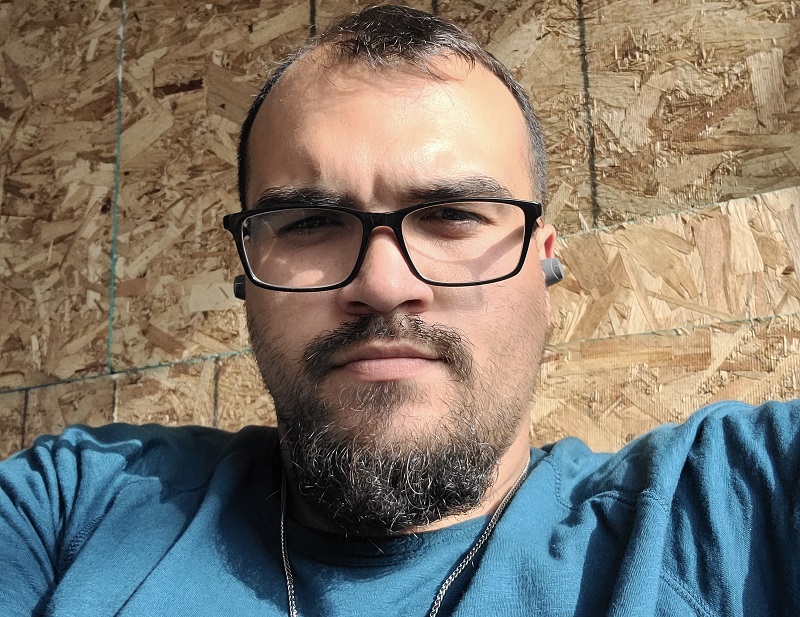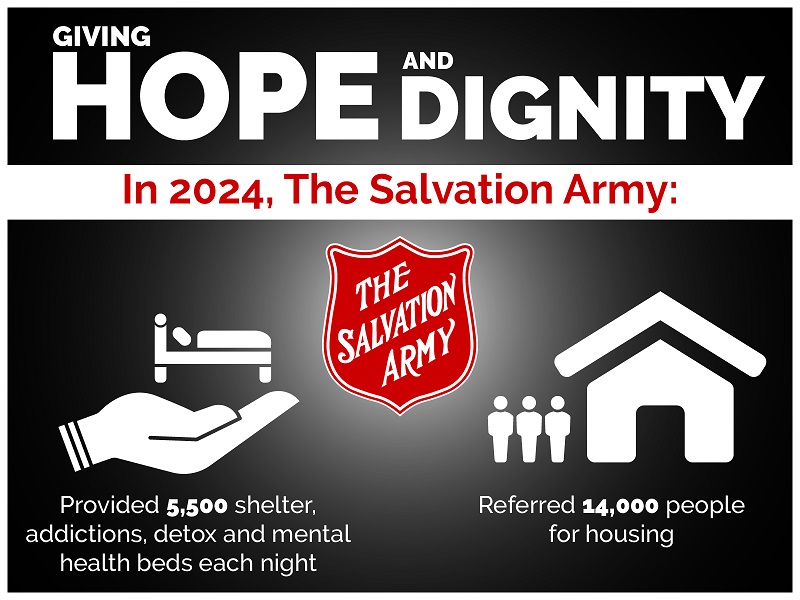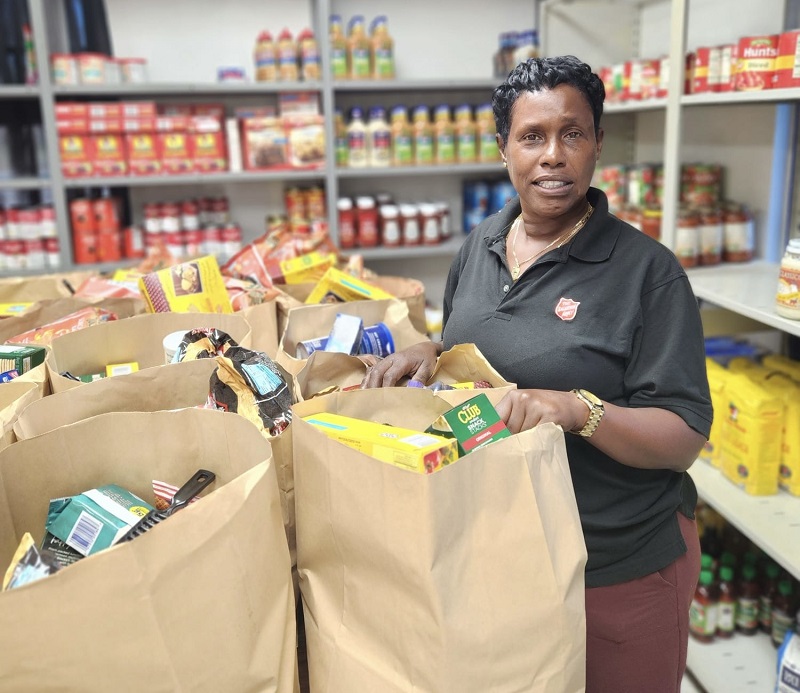Former Client at Salvation Army Sober Living House Provides Support to Others in Their Recovery

For 43 years, Craig Smith struggled with drug addiction. He started using in his early teens and suffered multiple overdoses. He is fortunately still here to share how The Salvation Army changed his life.
In 2020, Craig was found by the side of a road in the countryside after experiencing an overdose. He was administered CPR and taken to the hospital. When he realized what had happened, he decided it was time to get sober. He attended rehabilitation and then joined The Salvation Army’s Keystone program at Edmonton’s Centre of Hope.
He believes applying to stay at Keystone saved him for good.
“It saved my life to tell you the truth. It was the best thing I could have ever done.”
“It saved my life to tell you the truth. It was the best thing I could have ever done. You learn a lot of things on relapse prevention, so it worked out really good for me,” Craig said.
The Keystone program is a recovery sober living house. Residents must have been part of an addiction recovery program within the previous six months before joining.
Participants spend 18 months at Keystone getting the necessary resources to help them stay sober.
“We do weekly counselling for all of the folks in the house and daily psycho-educational classes. We also have a chaplaincy team involved. Residents get all the tools that they need to live in sobriety long term,” said Christina Clapham, manager of the Keystone program.
Aside from the support work, residents also get a chance to learn life skills and participate in social activities within the house. Each guest has their own apartment.
To ensure residents are on the right path, there is drug testing at Keystone. However, a relapse does not mean a resident has to leave.
“We realize that relapse is a part of the recovery journey. It is not an automatic discharge, but it is an automatic conversation. As long as the person is active in their recovery, we are willing to work together with them,” Christina added.
During his stay, Craig, with the help of his counsellor, began to accept and talk about past trauma. He believes learning to deal with his past was the breakthrough that helped him stay strong and sober throughout his time at Keystone.
Another plus has been the friends he made during his stay.
“I have five close friends from Keystone. These guys are still all sober,” Craig shared. “We have an alumni group, we go back (to Keystone) and we share. We help people that are struggling.”
After completing the Keystone program, The Salvation Army helped Craig find housing. Soon after, he heard from his former counsellor about an opportunity to join the organization that reignited his life.
“There’s lots of counselling and help.”
He is currently an overnight client support worker at the Army’s Transitional Housing program in Edmonton. In the future, he hopes to take on a peer support role.
“I want to help younger people because all they need is somebody to listen to them, sit down, talk to them, and treat them like a human being,” he added.
Craig has now been sober for four years. People who knew him since before his recovery are amazed at how well he looks today.
“They can’t believe the difference, it’s like night and day, you know. I don’t look the same anymore. I gained 60 pounds,” Craig said. He encourages anyone seeking addiction recovery to go to The Salvation Army.
“I would recommend anybody who wants to get sober to go to The Salvation Army because it is a place that is safe, and clean. It is a beautiful place. There’s lots of counselling and help.”
By Juan Romero




